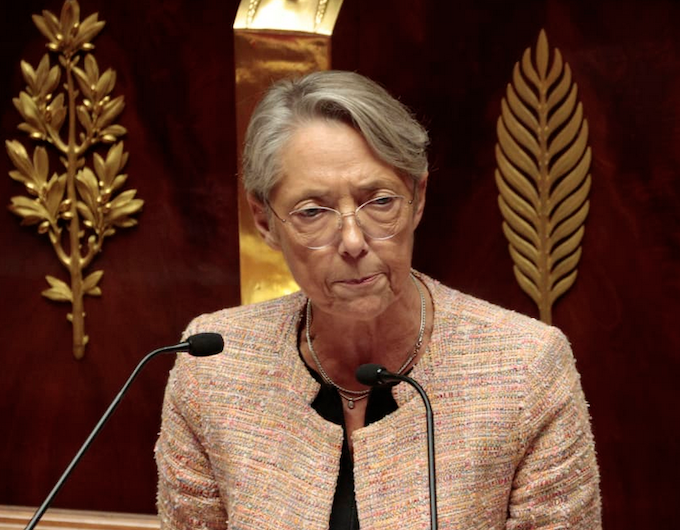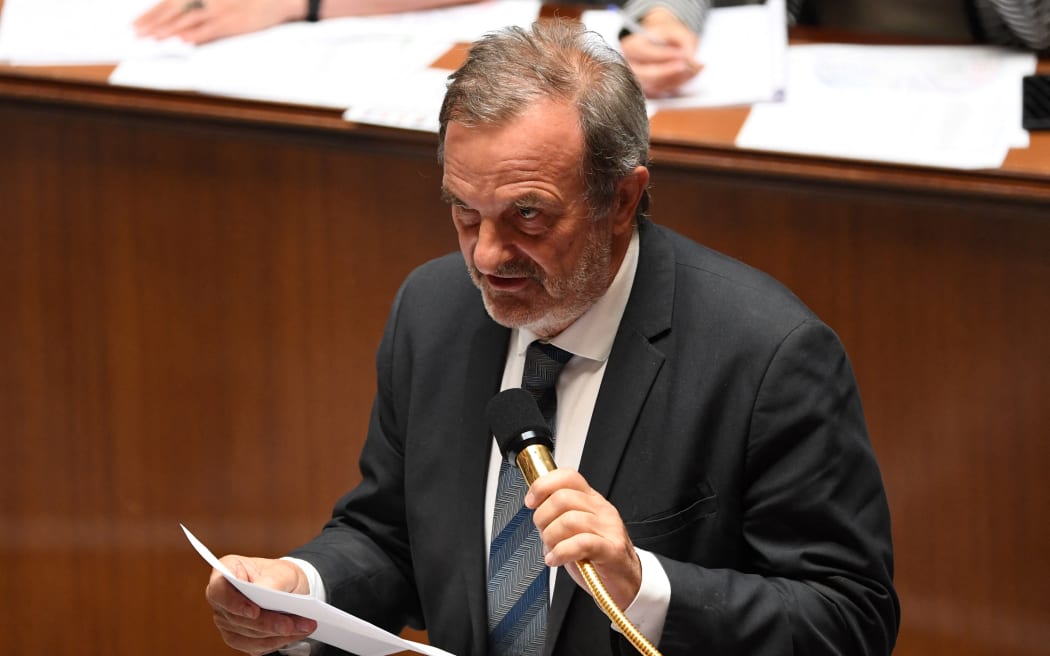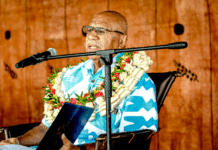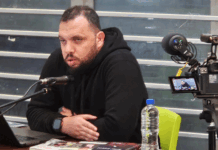
French Prime Minister Elisabeth Borne says her meeting with New Caledonia’s anti-independence leaders in Paris marks the beginning of discussions on the future status of New Caledonia.
The meeting was called as the decolonisation process under the 1998 Noumea Accord had concluded with rejection of full sovereignty in last December’s third referendum on independence from France.
All key parties were invited to chart the next step, but the pro-independence Kanak and Socialist National Liberation Front (FLNKS) — who reject the third referendum as they did not participate because of the covid-19 pandemic — stayed away from the gathering, labelled the Convention of Partners.
In September, the Overseas Minister Jean-Francois Carenco said the FLNKS would be at the Paris talks.

In comments after the meeting, Borne said she was delighted with the spirit of responsibility and consensus of the exchanges, describing them as “faithful to the tradition of the agreements of 1988 and 1998”.
She said as a transition period begins, the delegates noted the need to base their reflections on the lessons of experience.
Borne said they agreed to launch an audit of the decolonisation to assess the support given to New Caledonia by the French state since 1988 with regard to the international law.
Broaden the discussions
She said it was agreed to broaden the scope of the discussions beyond the institutional questions, by also addressing the vital subjects for the future of New Caledonians.
These include equal opportunities and social cohesion, economic development and employment, energy sovereignty and ecological transition as well as common values and reconciliation.
Borne said working groups would be organised in Noumea by the High Commissioner in November.
The work is expected to be concluded in mid-2023, with her adding that it would only succeed if all political forces contributed to it.
Last year, Paris announced plans for a new referendum in June on a new statute, but the project has been deferred in the face of the pro-independence parties’ refusal to engage in the process outlined by France.
To progress negotiations, Interior Minister Gerald Darmanin will travel to New Caledonia in November together with Carenco, who in September was the first French minister to visit Noumea since the formation of the Borne government in June.
Got ‘best they could’
One of New Caledonia’s members of the French National Assembly, Nicolas Metzdorf, said they got the best they could in the absence of the pro-independence politicians.
He said with a timetable and a working method, he hoped they would come back to the discussion table.
Metzdorf said if they wanted to add working groups of their own, they had every opportunity to do so.
None of the parties making up the FLNKS attended the talks in France because in part they refuse to recognise the vote as the legitimate outcome of the decolonisation process.
The FLNKS has signalled that its discussions with Paris will have to centre on ways to complete the territory’s decolonisation.
This article is republished under a community partnership agreement with RNZ.












































